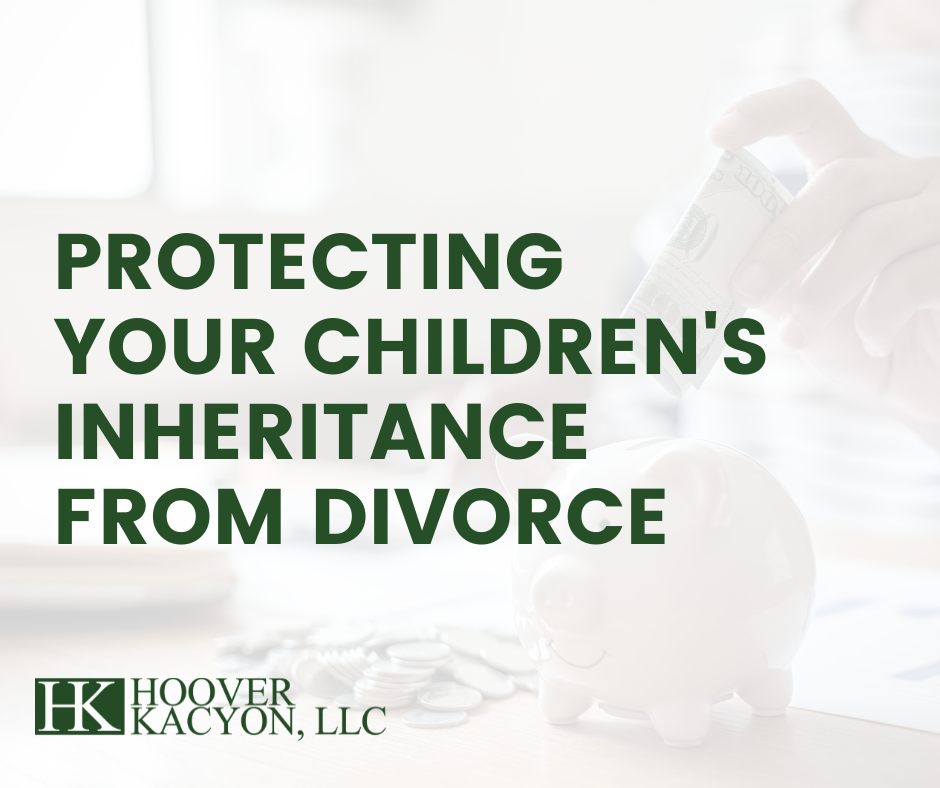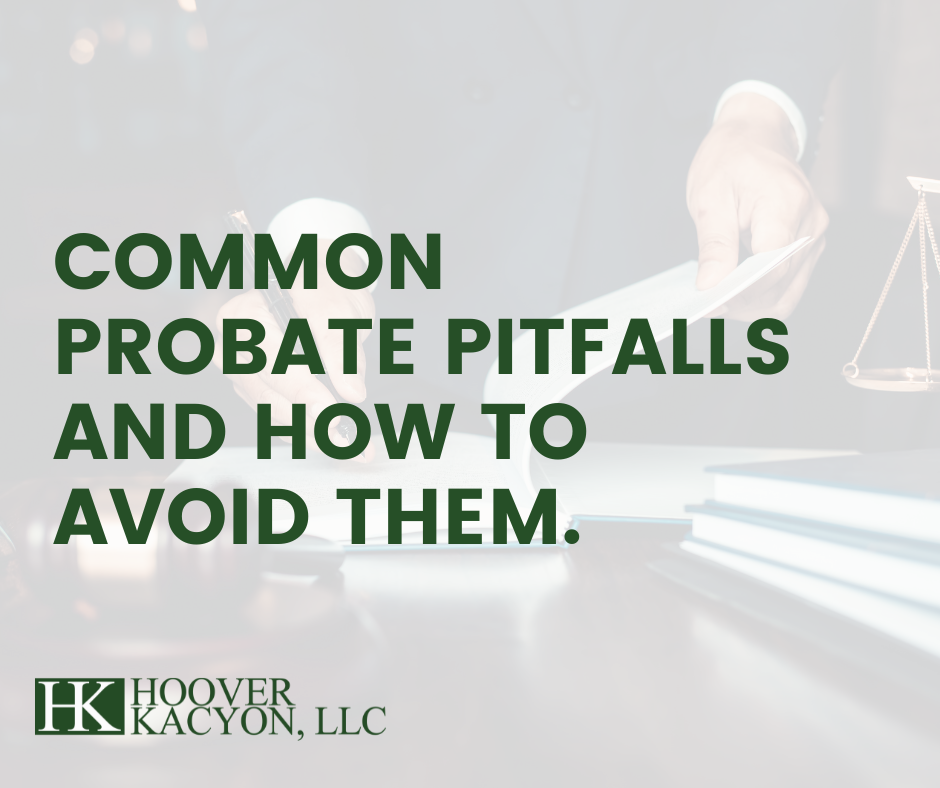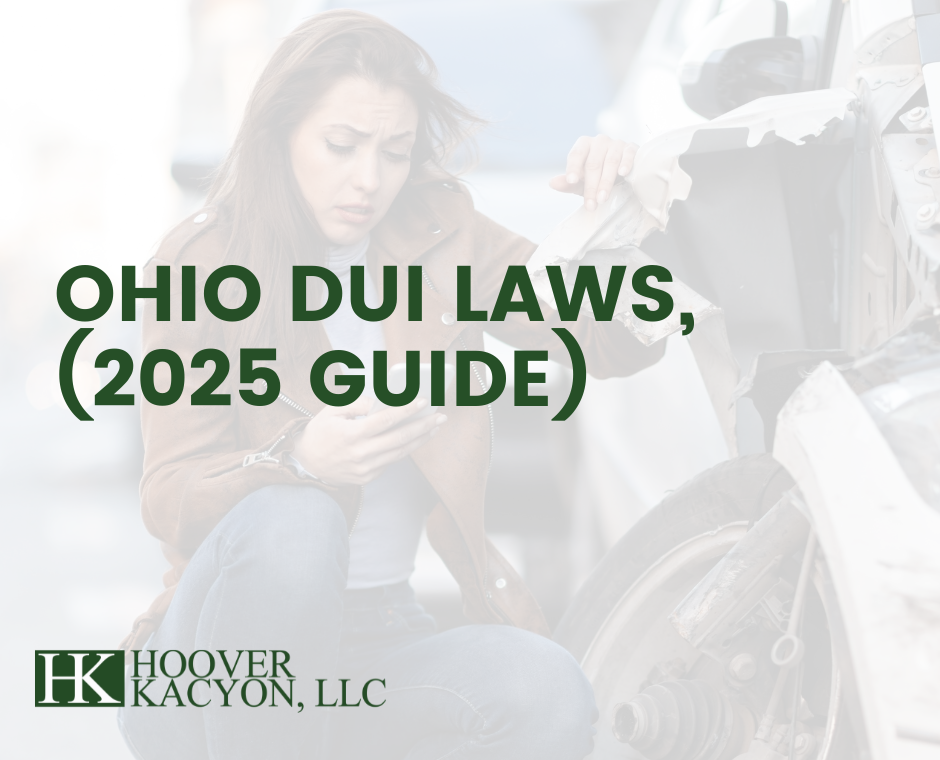A divorce is a life-changing event that requires updating many aspects of your life—including your estate plan. If you fail to revise your
will, trusts, and beneficiary designations after divorce, unintended beneficiaries, including your ex-spouse, could inherit your assets. Learn to navigate these important updates to ensure your estate plan reflects your current wishes.
Revising Your Will
In Ohio, divorce automatically revokes any provisions in a will that benefit a former spouse. This detail means that if you had previously named your ex-spouse as a beneficiary or executor, they will now be treated as if they had predeceased you. However, this does not apply to other family members of your ex-spouse whom you may have included in your will. If you still wish to leave assets to your ex-spouse or make other changes, you must draft a new will that clearly states your intentions.
Most wills include language that revokes prior versions, ensuring clarity in case of disputes. A new will also allows you to reassign executors and beneficiaries according to your updated preferences.
Reviewing Trusts
Trusts are common estate planning tools that also require careful review after divorce. If you have a revocable trust, Ohio law typically removes your ex-spouse as a beneficiary. However, irrevocable trusts do not change automatically—meaning your ex-spouse may still be entitled to benefits unless you restructure the trust.
To avoid unintended outcomes, it is essential to review all trust agreements with an experienced
estate planning attorney who can help modify or create new trusts as needed.
Updating Beneficiary Designations
Not all assets pass through a will or trust. Many financial accounts, including life insurance policies, retirement accounts, and payable-on-death (POD) bank accounts, are distributed based on beneficiary designations. A divorce does not automatically revoke these designations in Ohio, so if your ex-spouse remains listed, they could still receive those assets.
To prevent this, update all beneficiary designations through your financial institutions, workplace benefits, and insurance providers.
Naming a Legal Guardian for Minor Children
If you have minor children, your estate plan should name a legal guardian in case something happens to you. While custody typically goes to the surviving parent, you should name a backup guardian in case your ex-spouse predeceases you or is deemed unfit. Working with an attorney ensures these plans align with Ohio law and your family's best interests.
Take Action Today
Failing to update your estate plan after divorce can lead to unintended consequences, including assets going to the wrong individuals or disputes among family members. At Hoover Kacyon, LLC, we guide residents of Akron, Fairlawn, and Cuyahoga Falls, Ohio, through this process, ensuring their estate plan reflects their new circumstances and protects their loved ones.
If you are recently divorced or in the process of divorcing, schedule a consultation with our estate planning team today. Let us help you secure your future with confidence.
We deliver the highest quality legal representation from a team of professionals while also providing excellent customer service.
Call us at
330-922-4491 or
contact us
online to make an appointment.
Recent Posts









YOU MIGHT ALSO LIKE









